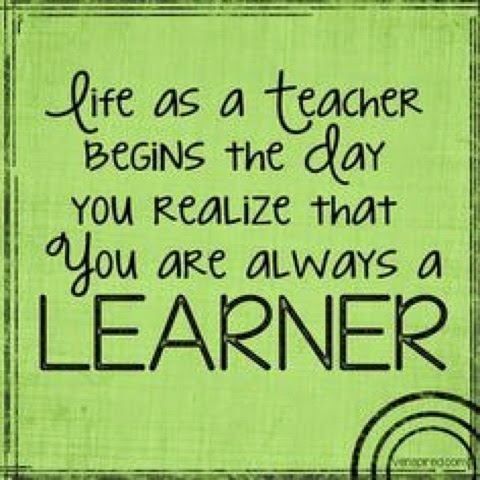Cooking on gas has different meanings; giddy, really making progress and all is going well. As Lisa said, we are all teaching different languages, we have different ways of teaching and we teach at different schools. Lisa tweeted re the essential ingredients for a language lesson and here are the replies:
What proportions will you use of the above ingredients in your lessons?
Are the games the flour or the chocolate chips? What are the essential ingredients?
Each group is different so therefore you use a different recipe.
Do you always get the same result from following the recipe?
We might all do some stuff from this weekend at #ililc5 and not have the same result.
Cupcakes are a treat, a reward. Our ultimate purpose is to feed and nurture. Is all praise and no correction not going to spoil them if we feed them only cupcakes and no proper food? Is primary language teaching seen like this by some secondary teachers?
Lisa says that pupils need a balanced diet of "yes you're doing well but here's what you're doing wrong"
She made reference to the Great British Bakeoff where Richard was often the star baker who made the best showstoppers, but he didn't win. Teachers can pull an excellent lesson out on the day for the inspector but their day to day basis can sometimes be poor teaching. Lisa compared teaching to bread - do some kneading, then leave it alone for a bit, the finished product takes a while to get there.
She then made reference to the infamous scenes from the GBBO with Ian, where there were accusations of sabotage. In the same way, we can feel that losing pupils to music lessons, SATs, sports fixtures etc, you can be left feeling that they are out to get you. And we also feel like throwing it all away. Sometimes things go pear-shaped and we are tempted to never use it again. Don't give up. Sometimes we focus on the wrong thing (ice-cream melts) and actually there are bits that were very good in the lesson.
Lisa then moved on to Celebrity chefs - what makes them a celebrity chef? Opportunity. Being in the right place at the right time. There are plenty of excellent chefs who aren't famous. We are no less teachers because we aren't talking at the conference and vice versa.
There are kids who need our attention, it doesn't matter if positive or negative.
Who is your language hero? Your A level teacher? Lisa's teacher's pencil case used to come flying across room and it was your turn if it landed on you. She was eccentric but her lessons had great content, She wasn't there to pass an exam, but to make the pupils love Spain and Spanish-speaking countries. She used cultural titbits to keep the pupils engaged. She made kids feel valued and that they could do Spanish.
There are things pupils are good at and not good at. Pupils need very basic instructions and to know where to look for them.
Are languages les fruits moches of the curriculum? Are our pupils seen as that? The kids who find it difficult, who struggle, often benefit most from languages. They often interact more in language, they want to contribute. Yet they are always taken out for extra help. Give him a break, he's enjoying Spanish. Do deals with them, get there. The only reason some pupils behave like that is because they are too bright for that group.
Cooking well doesn't mean cooking fancy. It's good if it looks nice but it's not essential, that's not what we're interested in.
Lisa talked about Herman the German friendship cake - people sharing, up to you to take away, make your decision which bit of recipe to use, what flavour etc
A balanced diet is vital, use tech etc, just judge which tools to use at the right moment.
Remember that following the recipe doesn't always mean success and you don't have to be famous to be good.
This was a brilliant Keynote to finish off what was a fabulous and inspiring weekend. To quote Heather from TeachMeet Belfast "We are the people we have been waiting for"






































